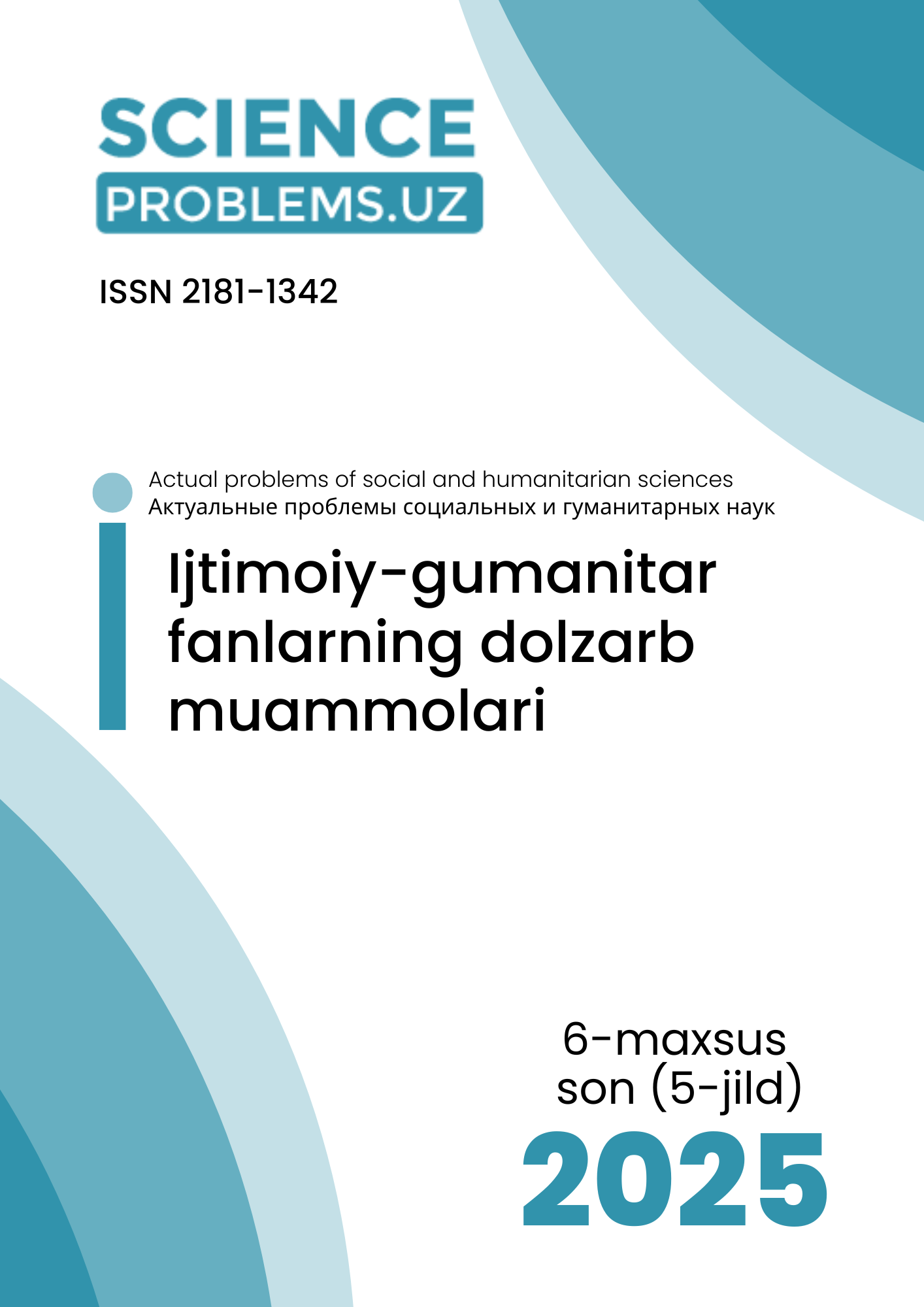THE PROBLEMS OF HUMAN EXISTENCE IN VARIOUS EPISTEMOLOGICAL THEORIES SUCH AS EMPIRICISM, RATIONALISM, AND CONSTRUCTIVISM
DOI:
https://doi.org/10.47390/SPR1342V5SI6Y2025N12Keywords:
empiricism, rationalism, constructivism, inductive reasoning, remembrance of death, consciousness, the fate of humanity, the human brain.Abstract
This article examines the issues of human existence in various epistemological theories, such as empiricism, rationalism, and constructivism. It is studied how the awareness of the imminence of death can increase respect for the present moment and the value of life, which can lead to a sense of gratitude and a desire to use time productively. It is justified that rationalists believe that we can acquire knowledge independently of experience only through reason. It analyzes the existence of different forms of constructivism, their different emphasis on the role of social interaction, individual cognition, and the nature of knowledge.
References
1. Худайбeрганов Р.Х. Ўлим фeномeнининг ахлоқий масалалари // ЎзМУ хабарлари. – Тошкeнт: 2009. -
№4. - Б. 116.
2. Элeктромагнитныe поля в биосфeрe. Под рeд. Красногорской. – Москва: 1984. Т. 2. – 175–176-c
3. Циолковский К.Э. Нeобходимость космичeской точки зрeния. 193.
4. Майор Ф. Коммeнтарий ЮНEСКО и гeном чeловeка // Курьeр ЮНEСКО. 1993. Июнь. – 47-c.
5. Мозг. – Москва: 1984. – 10-c.
6. Lazizjon Kholikov. Philosophical analysis of nations and international relations in the views of eastern thinkers // Current approaches and new research in modern sciences. 2023/7/10.
7. Sobirovich, T. B. (2024). The role of human indicators in shaping the ideosphere: strategic insights for new Uzbekistan’s future. Cognizance Journal of Multidisciplinary Studies, 4(9).








